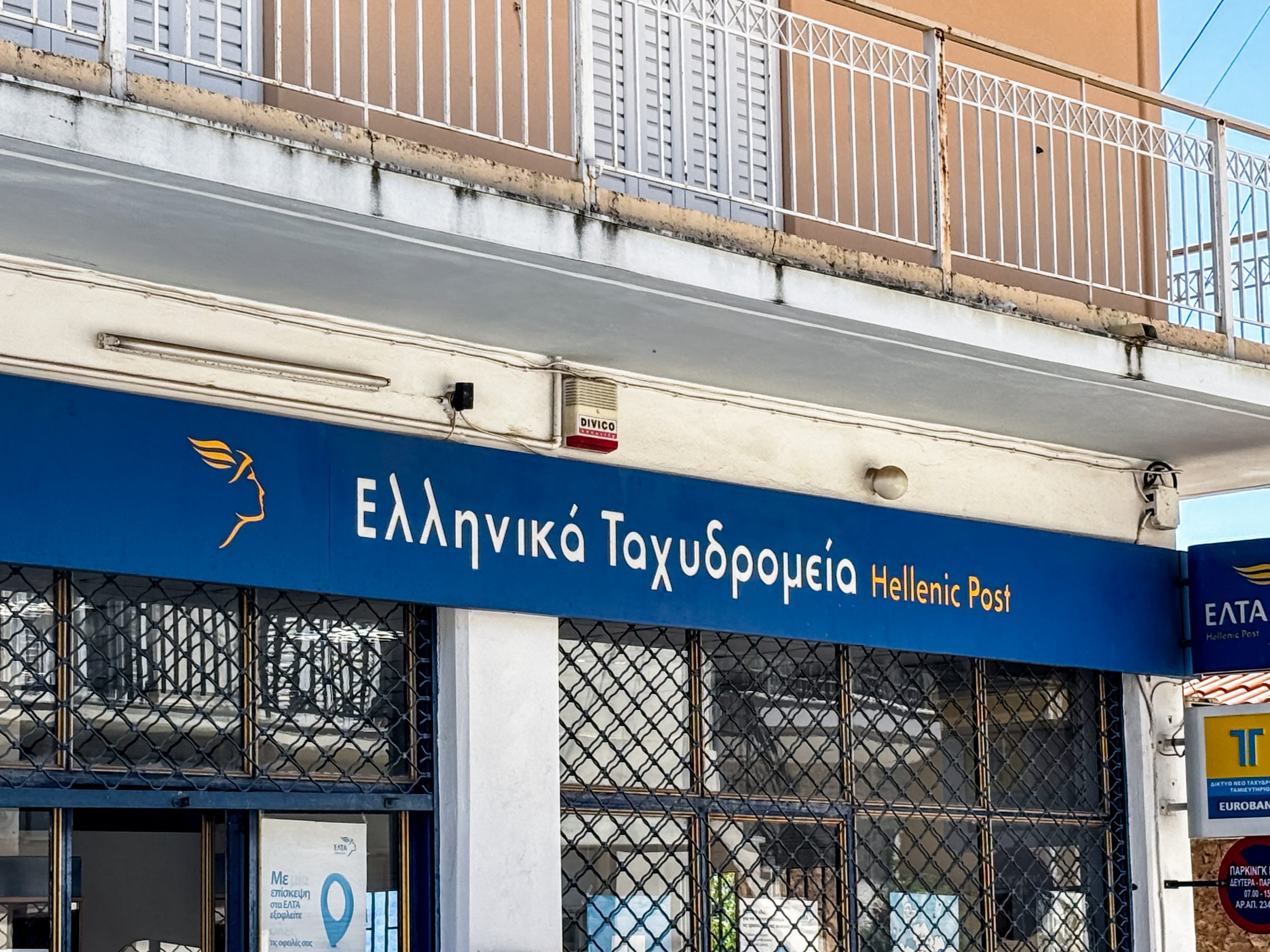The European Court of Justice ruled that Malta’s “Golden Visa” program is illegal, [1], [2] stating that an EU member state “cannot grant its citizenship, particularly European citizenship, in exchange for money, as it contradicts European law.” This effectively means that the “cash for citizenship” program must be abolished.
Malta allows individuals to acquire citizenship to live and work there, with a minimum financial contribution of 600,000 euros. The required investments also include purchasing a home, and voluntary donations are encouraged.
The program originates from a 2013 law and allows citizens from third countries to gain citizenship or residency permits in the EU through investments.
In Greece, the threshold for obtaining a “Golden Visa” in many areas has risen from €250,000 to €800,000, with 9,289 applications submitted in 2024.
However, it remains highly divisive among Europeans, with critics arguing that it benefits the wealthy and promotes money laundering and tax evasion, while supporters claim it attracts foreign investments.
In October 2020, the European Commission initiated legal proceedings against Malta and Cyprus for the sale of “EU citizenship.” Cyprus announced it would close the program just before the case began, but the Maltese government did not, asserting that it has exclusive authority over granting citizenship and, therefore, the right to continue the program.
The Maltese government stated it would respect the decision and added that previous beneficiaries of the program would not be affected.
A spokesperson for the European Commission called for the abolition of all similar programs within the EU, including in Greece.
 What is fyi.news?
What is fyi.news?







